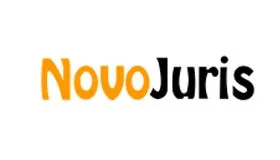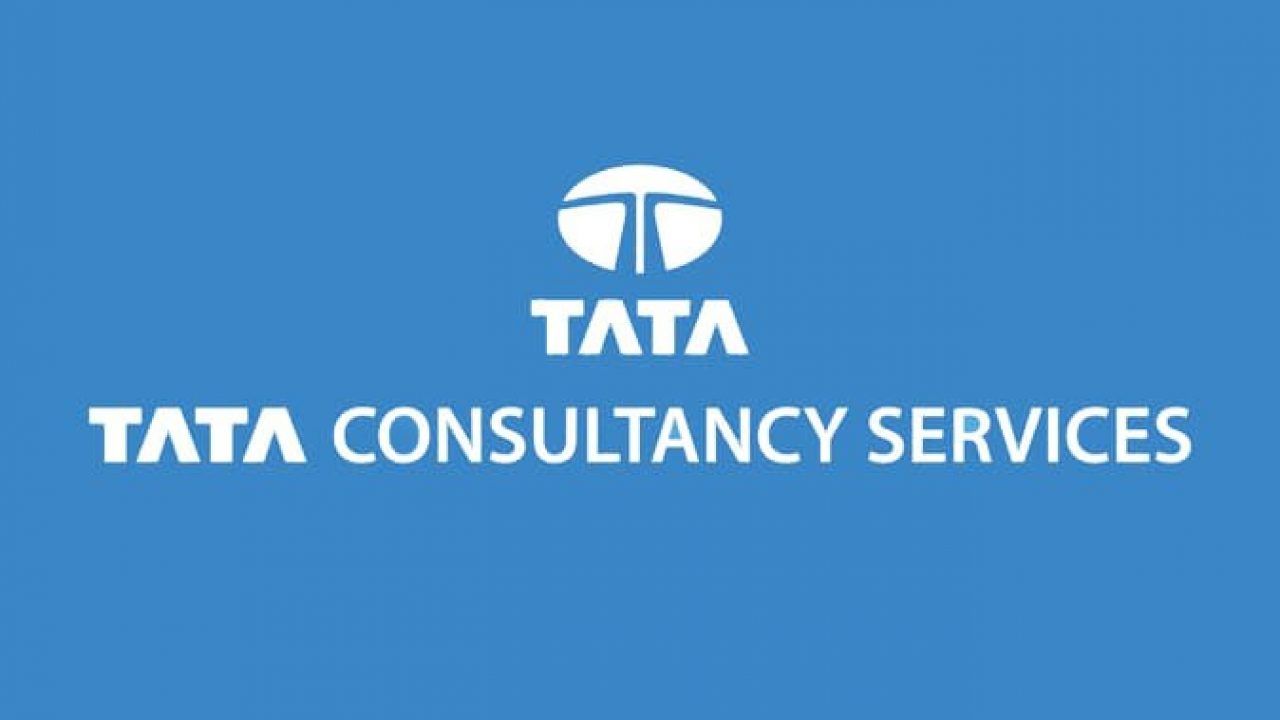How to Implement ESOP for Startups?
Tuesday October 18, 2011 , 4 min Read

ESOPs Series for Startups by Legal Experts at NovoJuris The previous post covered the Basic Primer on Employee Stock Option Plan (ESOP/ Plan).
In this post, we’re going to chart out a clear ‘How To’ guide for the startup entrepreneur to implement ESOP.
Most startups know about ESOP Trust. May be, because amongst the top 10 Google search results is Infosys’ ESOP Trust :) But in a small sized organization, following the Trust route might be onerous and expensive. An easier option would be, to have the Board of Directors (Board) administer the ESOP Plan. Here’s how:
- Structure a Plan and get it approved by the Board.
- Board identifies eligible employees and issues Grant Letters
- The chosen employees accept the Grant Letter and intimate so.
- After Vesting Period , the employee Exercises by paying the Exercise Price
- On receipt of money, the Board ‘allots’ the Shares and issues share certificates to the employee and files the ‘return of allotment’ with the Registrar of Companies.
Simple, isn’t it? Or is there a catch?
To make the implementation simple, the Plan has to be structured very well. The rule to structure a good Plan is to be clear, transparent and cover scenarios which ought to be, but at the same time balance the flexibility of administering the Plan.
The typical components of an ESOP Plan:
- Talk about who is an ‘eligible’ employee – all of them? On joining even during probationary period? On confirmation of employment? Part-timers?
- Pool size, i.e. the number of Options available for Grant.
- Vesting Period. Ah, here is where the knowledge of your expert comes into play. You don’t have to have the same Vesting Period for all.
- Exercise Price. It would be great if the Plan determines upfront. It provides clarity for employees but at times it would be hard for an employer to determine and hence provide for a flexibility to defer the decision.
- Procedure for Exercise. Exercise period.
- Shareholder rights on issuance of shares.
- Exit opportunities for the shares held by the employees.
- Clarity on what happens to the granted Options on death, retirement, termination, resignation of an employee.
- A smart Plan will also cover details of, what happens should the founders sell 100% of the company, liquidity event and the like.
Here’s more effort to make it more simple for the startup entrepreneur – Tips for implementing!
- We believe that till about 75 to 100 employees, it is possible to have the Board or compensation committee of the Board to administer.
- An excel sheet of employees who have been Granted Options, Vesting Period, whether Exercised needs to be maintained.
- Templatize the letters to be issued to employees. Obviously, some time has to be set aside for issuing Grant Letters, collecting details from employees.
- If Vesting Period is annual, then the task of Exercise can be synchronized to be once in a year and hence allotment of shares can be made once in a year. But if the Vesting is on a monthly basis, then more time need to spent by the implementation team for allotments and filings with ROC.
- The accounts team has to be kept in the loop, so applicable TDS (tax deduction at source) can be made from the employee’s salary. But, get an expert help for ‘valuation’ of ESOPs.
In the next post, we’ll cover the implementation process if the ESOP has to be administered through a Trust. Stay tuned.
Disclaimer: This article is for informational purposes only and is not a legal advice or opinion.

About NovoJuris
Sharda Balaji founded NovoJuris with the realization that technology innovations are fast outpacing the legal framework. NovoJuris counts over 200 small and medium business and over 10 investment houses as their customers over the last 3 years. NovoJuris values a culture of providing professional legal help and obsesses about the success of their customers. The management team at NovoJuris brings over 30 years of experience in technology and law into practice. Do check out their website for further details.










![[App Fridays] Amazon Academy heats up edtech's test prep segment; hits half a million downloads in beta](https://images.yourstory.com/cs/2/dc9aa1302d6c11e9aa979329348d4c3e/Amazonacademy-01-1604497983228.png)